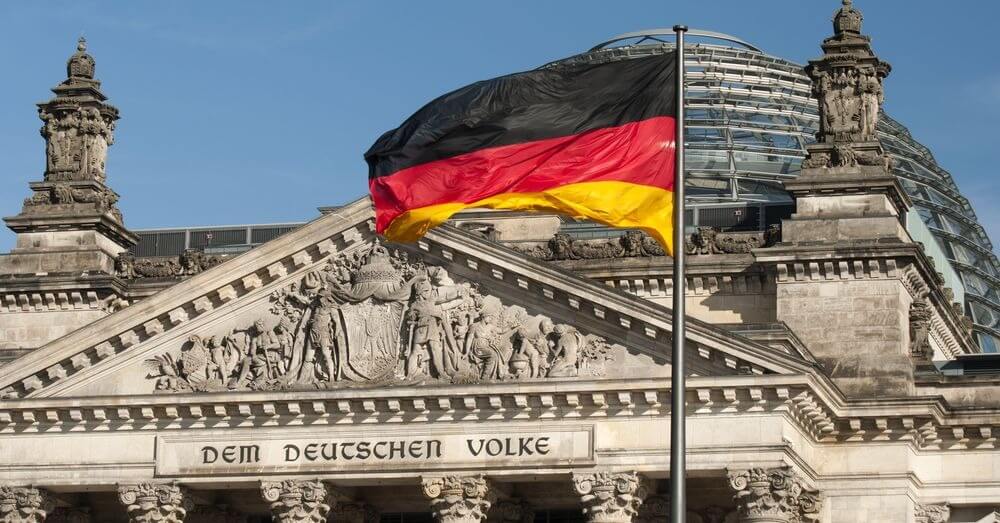
Plans are to digitise securities using blockchain by introducing a law to govern the industry
A draft bill was recently proposed by the Ministry of Finance and the Federal Ministry of Justice and Consumer Protection (BMJV) in Germany regarding the digitisation of securities using blockchain technology. The bill will act as an initial step to orient the federal government’s strategy for blockchain technology:
“With the establishment of digital securities, one of the central components of the Federal Government’s blockchain strategy and the joint key issues paper of the BMF and the BMJV on electronic securities will be implemented.”
Securities are currently defined as financial instruments that must be secured in a document, that can be represented as a certificate, indicating its value, and be transferable under German property law.
The report continues:
“In order to guarantee the marketability of securities and the legally secure acquisition, a suitable replacement of the paper certificate is required”.
This is where a blockchain-powered mechanism would be useful for providing digital certificates to guarantee marketability and compliance.
Under the German Banking Act, the blockchain mechanism will be recognised as a new financial service and the Federal Financial Supervisory Authority (BaFin) is appointed to oversee the issuance of securities and also maintain the decentralised platform.
According to the report, the bill, “serves to strengthen Germany as a business location and increase transparency, market integrity and investor protection.”
Enforcing existing regulations
By effectively regulating and enforcing existing blockchain and crypto regulations, the German Government has likely built trust amongst its investors. BaFin recently cracked down against unlicensed crypto firms — which further builds up the reputation of German crypto firms.
A series of Bitcoin ATMs operated by “Shitcoins Club” were seized earlier this month. The company had already been warned by BaFin to cease operation in February.
The release on the BaFin website indicates that Shitcoin was conducting proprietary trading under the German Banking Act “on a commercial basis without the authorisation” that is required under German law — therefore, the firm was conducting unauthorised business.
In November 2019, legislation was passed into law requiring crypto firms to secure a license if they wished to continue their operation from January 2020. Despite being kicked out of Germany, Shitcoin Club still has dozens of ATMs operating across Europe, Spain, Italy and Poland.

